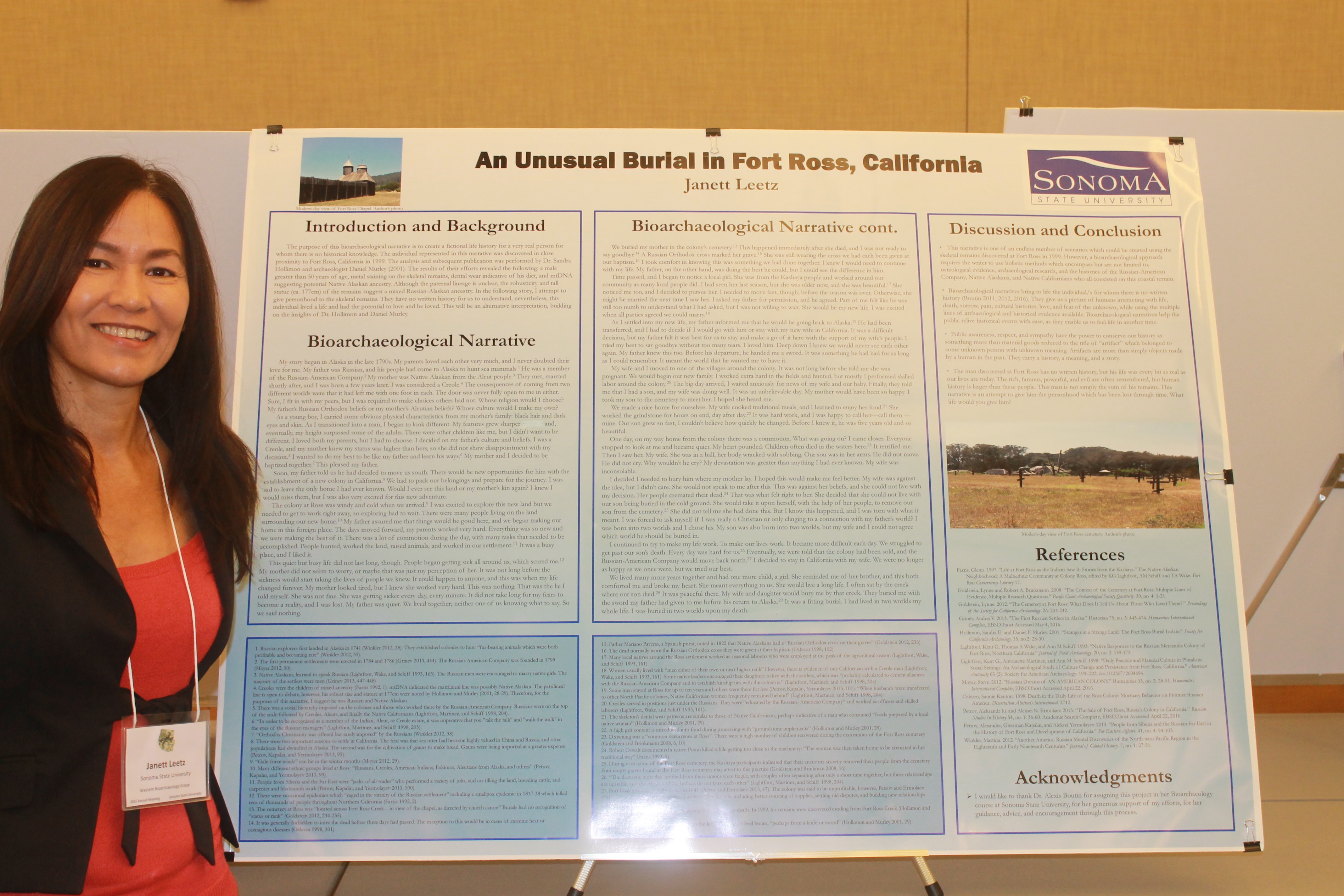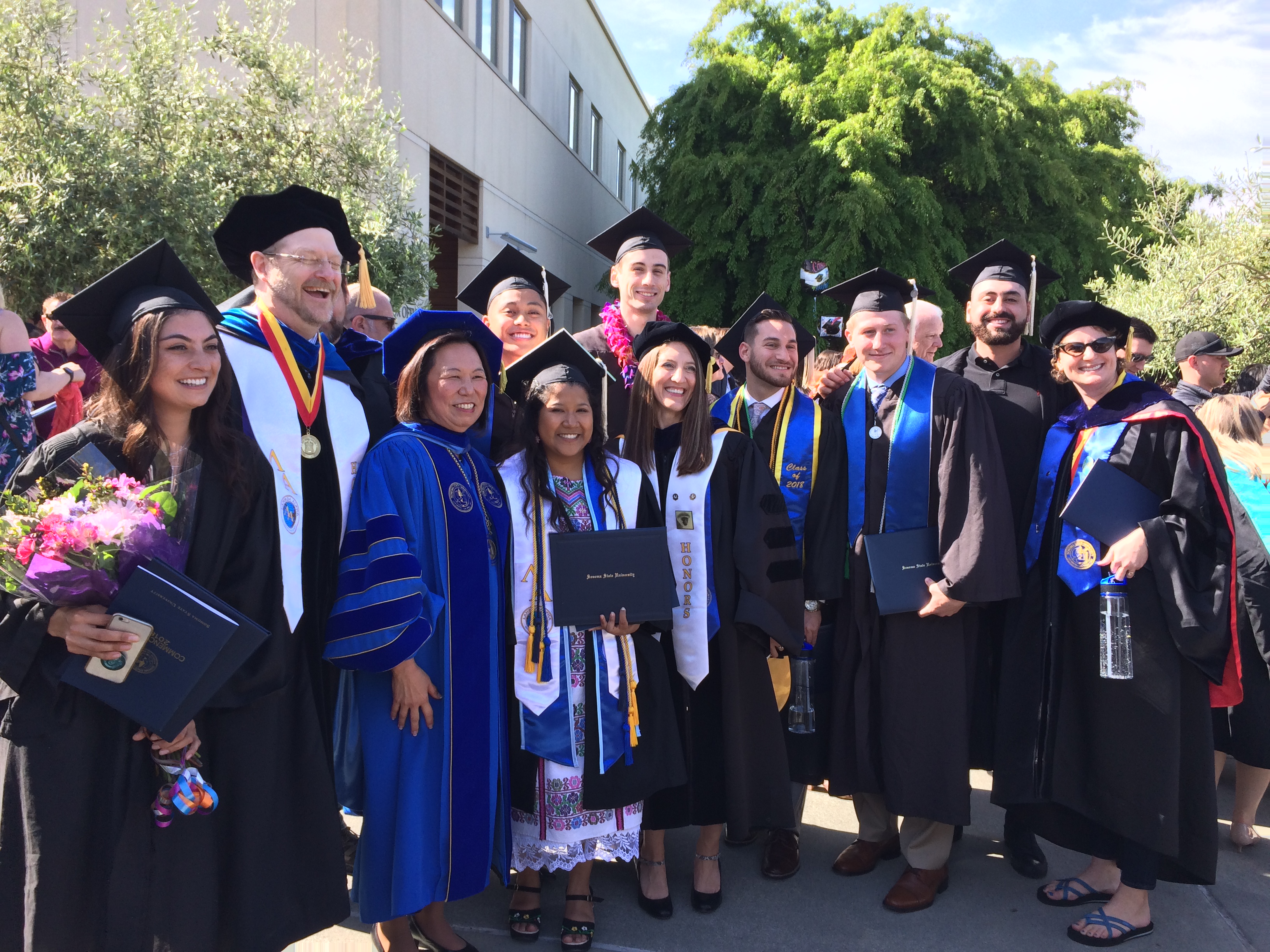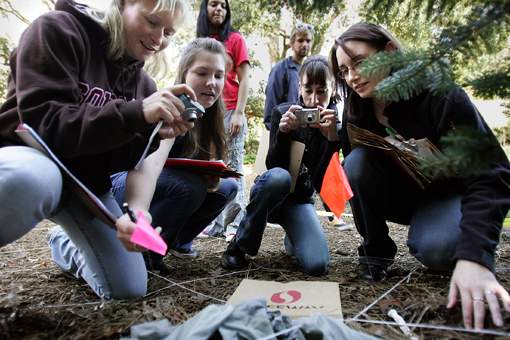Of all the social sciences, anthropology is the broadest. Anthropology as a discipline studies the foundations and forms of human social and cultural diversity, past and present, via biology, behavior, language, and material culture. Anthropology as a practice applies this knowledge to the solution of human challenges. Anthropologists study how human beings have come to be as they are: a physically distinct species, communicating through language, adapted to every habitat on earth, and living in an amazing variety of lifeways. Anthropologists have led in developing a global and local perspectives on how culturally different peoples interact in contexts of power and inequality, and how humans continuously transform their ways of life in response to environmental and social change.
The anthropology major at Sonoma State University teaches students about many different cultures throughout the world, how they developed, the significance of their differences, and how they change over time. Students develop a set of skills for applying broad, integrative perspectives to themselves and others. Through training in anthropology, students also acquire the ability to formulate theoretical and practical questions regarding human life, collect and organize data on many levels of human biology and behavior, and construct appropriate interpretations and generalizations based on well thought-out procedures. The combination of knowledge about human ways of life and training in analytical skills are crucial to any field dealing with human society and culture. This perspective is invaluable in preparing students for careers in research professions or in a wide range of professional fields, including cultural resources management, environmental planning, teaching, public health administration, business, public relations, law, community development, and international service.



 For the members of Sonoma State University's anthropology faculty, research and teaching are inseparable, and the Anthropology Department encourages both graduate and undergraduate students to meet professional standards of achievement in their work and research.
For the members of Sonoma State University's anthropology faculty, research and teaching are inseparable, and the Anthropology Department encourages both graduate and undergraduate students to meet professional standards of achievement in their work and research.
 The Anthropology Department is an active, integrated, intellectual community that emphasizes (1) an informed, critical understanding of the diachronic and synchronic complexities of human cultural expression and its evolutionary antecedents, and (2) opportunities for hands-on application of that understanding in field and workplace contexts.
The Anthropology Department is an active, integrated, intellectual community that emphasizes (1) an informed, critical understanding of the diachronic and synchronic complexities of human cultural expression and its evolutionary antecedents, and (2) opportunities for hands-on application of that understanding in field and workplace contexts.